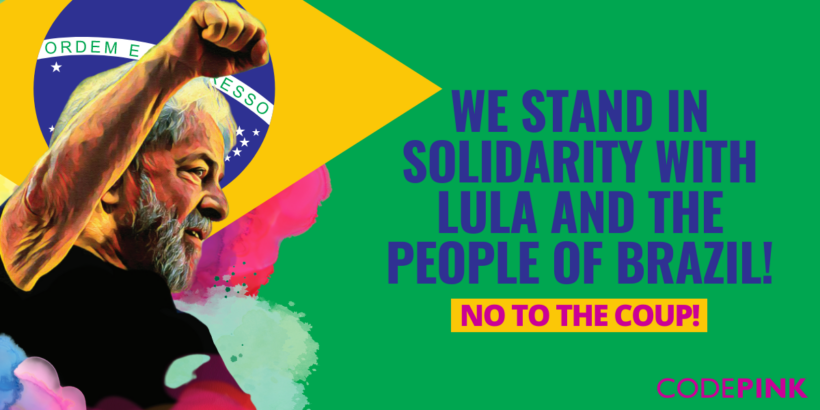By Urariano Mota *
I retrieve the post-scripted chapter that I published in the American edition of the novel “Never-Ending Youth”, in the last pages of Peter Lownds” translation, “Never-Ending Youth”, I added these lines:
Posters have taken over the city in recent times.
“Stop burning rain forests in Brazil”
“We want vaccinations”
“No more disrespect for those who died from corons virus”
“Bolsonaro out!”
I see them and think. No socialist militant who survived the dictatorship ever imagined a future in which this kind of protest would return to the streets. Back then, death was here, there, right now or first thing tomorrow morning. Our comrades were imprisoned, tortured and assassinated. Vargas, who was with us on Carnival Friday, 1972, was hunted and killed in 1973. We lived in a state of permanent high tension, as if every hour could be the last. But we survived, only God and the devil know why.
Now, under a fascist government, problems that we thought had been solved resurface. What will become of our rights? Will our children be able to find work? Will there be a recognizable world, a world worth its name, for future generations? We know well the answer to such questions: in order not to drown in a sea of anguish and despair, we must return to the struggle, we must resist. In the general context of this fascism, questions arise which are specific to people our age: how can we face the future? What kind of plans must we make? What are our perspectives?
For those 70 and older, the future is abbreviated. We may not make it to the end of the day. From our standpoint, this seems like a replay of the years of the dictatorship, an unexpected and disturbing reminder of a time we took great risks. Today, we must face the future knowing there is very little we can to do change it. We can live out our lives knowing that our strength comes from what we do and what we believe. As an atheists and a materialist, I do not believe in a afterlife. I concentrate on my work as a journalist and a novelist. It is what I do that brings me satisfaction and a
sense of being of use in the world.
But what about our plans? Since we have already lived most of our lives, the plan is to love others, to say to them what we have never said before, because now we are conscious that each day may be our last. Therefore, we diligently to find the best of us. We want to face the end with a sense of humour, like Joaquim Nabuco who was reported to have said:
“I’m willing to part with anything, doctor, except consciousness!”
If we lose consciousness, we are no longer. What is left of the body when the life is extinguished is nothing that should be mourned. What we mourn is the sudden and enduring absence of a person we knew and loved and whose meaning grows as times passes.
Stamina, which is life, is the residue of the actions and efforts of those who have left or who are leaving. But those of us who remain are not motionless as we wait for our train. We are the agents of this final period and know very well that there will no public announcement: “Attention, passengers, your hour has come”. It may come more privately and by another means of transportation. And, because we are the agents of this period, our stamina comes from resisting the ephemeral.
That is why our never-ending youth is still protesting these days. We are returning to the streets, returning to the struggle, here and now, in words, actions and art. In every way possible. Sing for all of us once more, Ella Fitzgerald! We have not left yet.
*Writer and journalist. Author of novels that narrate the Brazilian dictatorship, such as “Never-Ending Youth”, translated into English by Peter Lownds https://www.amazon.com/Never-Ending-Youth-Urariano-Mota/dp/0717800067










